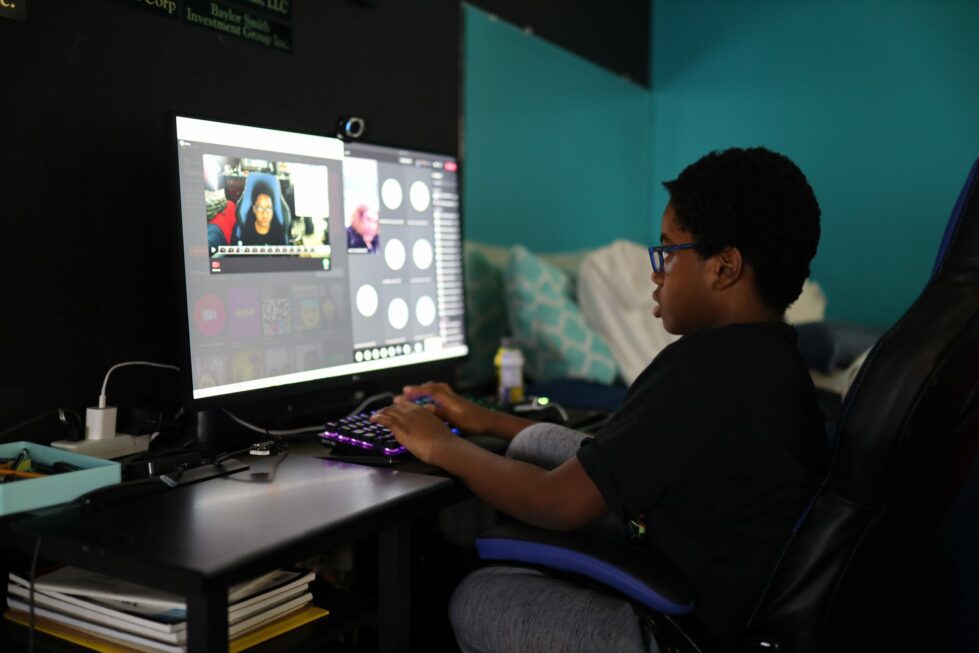

MSD passed the Children’s Internet Protection Policy (CIPA) in order to monitor access to the internet by students
Milford School District Board of Education passed a Children’s Internet Protection Policy (CIPA) at a recent board meeting. The policy is designed to monitor student usage of district-owned computers and is required in order to be compliant with federal rules and regulations.
The policy requires the district to monitor access to the internet by students to prevent them from viewing inappropriate matter as well as to protect students when they are using email, visiting chat rooms or other forms of electronic communications. The policy prohibits hacking, unlawful activity, unauthorized disclosure of personal information as well as restricting the access to harmful materials by minors. A minor is defined as any student who is 17 years of age or younger.
“This policy would only be relevant to technology that is owned by the district, correct?” Board member Dr. Adam Brownstein asked. “If a child has a computer at home that is not the property of the district, this does not apply, correct?”
Adam Richardson, Technology Supervisor, stated that Dr. Brownstein was correct.
“My second question is the very first bullet point where it says access by minors to inappropriate matter on the internet or World Wide Web,” Dr. Brownstein said. “That sounds very vague which is likely done on purpose, and I understand that. But it also opens it up for interpretation down the road. So, can you give us a little insight into why that wording was selected?”
Richardson explained that the wording was drafted by the district attorney, and he felt that it was likely kept vague in order to keep from having to change it or redo the policy at a later date. School Board President Jason Miller asked who determined what was inappropriate matter.
“Delaware Department of Technology and Information has their own rules and firewalls that will block some traffic,” Richardson said. “We also currently use a product called Go Guardian which has a policy in place for things like gaming sites or sexually inappropriate stuff, drugs, alcohol, that sort of stuff which is blocked by general categories. Now, you can drill down and add specifics as well, if necessary, in the commercial firewall filter.”
Board member David Vezmar pointed out that this policy was simply a monitoring policy and not a discipline policy.
The policy requires the district to use DTI technology protection to block and filter internet access by adults and minors to visual depictions that are obscene, child pornography, or “with respect to the use of computers with internet access by minors – harmful to minors.” The policy also requires schools to educate minors about appropriate online behavior, including interacting with others on social networking websites and chat rooms. They must also provide cyberbullying awareness education and notify students of the district’s response to violations of the policy.
The board approved the policy unanimously.
Share this Post



